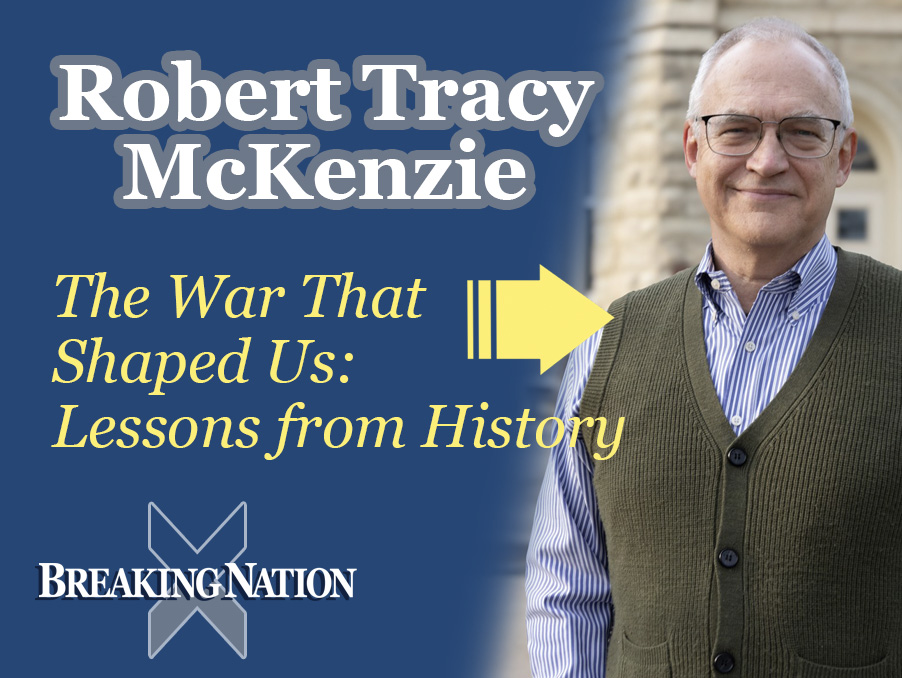A Historian POV – An Interview with Dr. Robert Tracy McKenzie

In this thought-provoking episode, we sit down with Dr. Robert Tracy McKenzie (Arthur F. Holmes Chair of Faith and Learning and Professor of History at Wheaton College), a renowned historian of the American Civil War and American democracy, to explore the enduring relevance of history in today's fractured society. Dr. McKenzie argues that history is not merely a record of past events, but a vital tool for wisdom, self-understanding, and avoiding the catastrophic errors of previous generations.
Drawing from his upbringing in Tennessee and a family legacy of military service, McKenzie shares how personal connection ignited his lifelong passion for Civil War history. His acclaimed work, Lincolnites and Rebels, explores the deeply divided loyalties of Knoxville during the war—where both Unionists and Confederates alike fiercely defended slavery, complicating popular narratives of good versus evil.
McKenzie also delves into the challenges of historical writing, describing it as a discipline of clarity and introspection. His process is as much about discovery as it is communication—aimed at resisting the default lens of presentism, where the past is interpreted through modern values.
The conversation tackles the urgent lessons the Civil War offers for our own era: a nation grappling with plummeting trust in institutions, cultural polarization, and a resurgence in Civil War rhetoric. McKenzie warns against the dangerous belief that “it can’t happen again,” emphasizing how ordinary people, with no less intelligence or morality than us, once stumbled into war.
Lastly, he critiques our "ahistorical" culture, where many treat the past as irrelevant or entertainment. Instead, he advocates for discernment—engaging with flawed historical figures to gain insight into both their blind spots and our own.
A compelling case for historical literacy, this episode challenges listeners to see the past not as settled, but as a mirror—and sometimes a warning—for the present.





